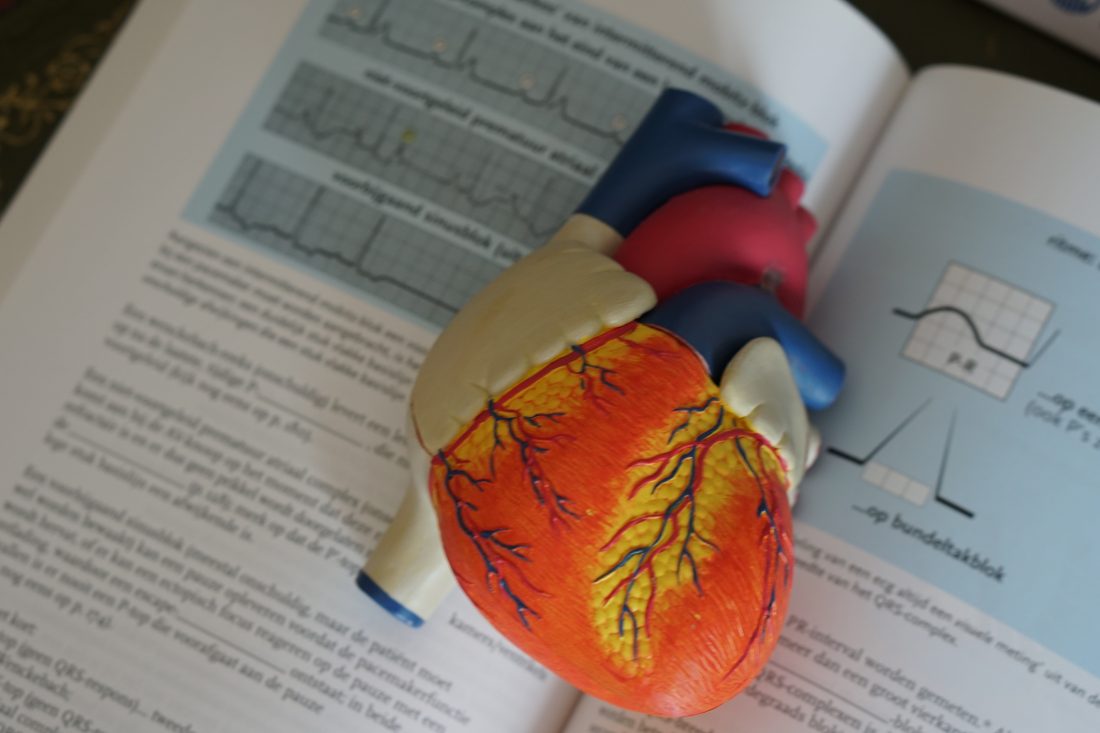Wellness isn’t just about physical fitness. It’s about achieving balance across all areas of life: mental, physical, emotional, and spiritual. Many people are now seeking innovative ways to enhance their lives, driven by the desire to feel healthier, more focused, and at peace. It’s about finding practical ways to nurture both body and mind, which often leads to a more vibrant life.
Here’s how you can get started:
Nutrition: Fueling Your Body and Mind
Nutrition is one of the most effective ways to enhance your physical well-being and mental acuity. Eating a balanced diet filled with whole foods, such as fruits, vegetables, lean proteins, and healthy fats, provides the nutrients necessary for optimal brain function and energy levels. A well-nourished body can better manage stress, fight illness, and keep you mentally sharp.
The foods you consume also have a direct impact on your mood and mental health. For instance, omega-3 fatty acids found in fish can help improve brain function and mood regulation. Meanwhile, antioxidants in fruits and vegetables help protect your brain from oxidative stress. A proper diet can prevent fatigue, boost cognitive abilities, and improve your focus, contributing significantly to overall health. For those exploring natural ways to support relaxation and mental clarity, indica thca flower may offer calming effects that complement a health-conscious lifestyle.
The Importance of Emotional Health
Your emotional state plays a pivotal role in your overall health. The way you manage and express emotions directly impacts your mental and physical vitality. Regularly experiencing stress, anxiety, or other negative emotions can take a toll on the body. On the other hand, nurturing positive emotional habits, like gratitude, empathy, and emotional intelligence, helps foster mental clarity and resilience.
Integrating psychological knowledge with spiritual practices can be particularly beneficial. Many academic programs, such as Christian psychology degrees, now focus on how faith-based principles can enhance emotional well-being. These approaches offer tools to better understand and manage emotions, leading to a more balanced and fulfilling life.
Regular Physical Activity: Strengthening the Body and Mind
Exercise is one of the most effective ways to enhance both physical and mental vitality. Regular physical activity, such as walking, running, or strength training, helps release endorphins, which in turn improve mood and reduce feelings of stress and anxiety. It’s a powerful way to clear your mind and boost your energy levels throughout the day.
Even light exercise, such as yoga or stretching, can reduce tension in the body, increase flexibility, and promote relaxation. Regular workouts not only enhance cardiovascular health but also increase brain function, helping you stay sharp and focused. Physical activity is not just about fitness. It’s a vital practice for maintaining mental clarity and emotional balance.
The Power of Sleep: How Rest Fuels Your Health
Quality sleep is foundational to your overall vitality. It’s during sleep that your body and brain undergo essential repair processes, consolidating memories and replenishing energy reserves. Lack of sleep can impair cognitive function, weaken the immune system, and increase stress levels.
Good sleep hygiene is crucial. This includes minimizing screen time, creating a calming bedtime routine, and maintaining a consistent sleep schedule. Creating a sleep-friendly environment, dark, quiet, and cool, also plays a significant role in achieving restful sleep. Prioritizing sleep is one of the most effective ways to recharge your body, refresh your mind, and ensure long-term health.
Another way to achieve great sleep is not scrolling on your phone late at night. Sleeping with your device under your pillow or beside you can cause poor sleep too, all thanks to the EMF radiation. Shop havnwear.com for EMF protective clothing, such as blankets and t-shirts, and stay protected while you sleep.
Mindfulness and Meditation: Unlocking Mental Clarity
Mindfulness practices, including meditation and deep breathing exercises, help promote mental clarity and emotional balance. These practices allow you to stay present in the moment, reduce stress, and improve your overall focus. Mindfulness can reduce anxiety, enhance concentration, and improve emotional regulation.
If you’re new to mindfulness, starting with just five to ten minutes a day can make a significant difference. Meditation encourages a calm, centered mindset, helping you respond to challenges with greater ease and less emotional turmoil. Incorporating mindfulness into your routine can lead to greater peace of mind and improved mental resilience.
Building Strong Social Connections: The Role of Relationships in Wellness
The relationships you maintain have a direct impact on your emotional and physical vitality. Having a strong social support network can reduce feelings of loneliness, increase self-esteem, and even improve your immune function. Positive relationships encourage a sense of belonging, which is essential for overall well-being.
Healthy interactions with friends, family, and colleagues can also be a source of joy and a buffer against stress. Engaging in social activities, whether it’s a group workout, a family gathering, or a shared hobby, helps keep your mental state balanced and fosters feelings of connection. Building and nurturing these connections ensures that you have a reliable support system during challenging times, which can promote mental resilience.
Managing Stress Effectively: Tools for a Calmer Mind
Stress is a natural part of life, but how you manage it can make all the difference. Chronic stress can lead to a variety of health problems, such as high blood pressure, fatigue, and anxiety. Therefore, managing stress effectively is essential for maintaining overall health and emotional well-being.
There are many strategies you can adopt to manage stress. Deep breathing exercises, progressive muscle relaxation, and journaling are just a few techniques that can help calm the mind and body. Also, setting aside time for activities you enjoy, such as hobbies or spending time in nature, can provide relief and prevent burnout. Stress management is about finding what works for you, making it a regular part of your routine, and using it to stay balanced in the face of challenges.
Spiritual Wellness: Finding Inner Peace
Spiritual well-being is an important yet often overlooked aspect of overall health. For many, spirituality provides a sense of purpose, meaning, and connection to something greater than themselves. Engaging in spiritual practices, such as prayer, meditation, or reflection, can lead to feelings of inner peace, reduce anxiety, and promote emotional balance.
Whether through religious practices or personal spiritual exploration, nurturing your spiritual health can provide a deeper sense of fulfillment and guidance. Many people find that spirituality helps them approach life’s challenges with greater perspective and resilience. Setting aside time each day for spiritual reflection or activities that nourish your soul can have a profound effect on your mental and emotional state.
True health and vitality come from a balanced approach that addresses both the body and mind. Incorporating practices like proper nutrition, regular physical activity, stress management, mindfulness, and building strong social connections can have a profound effect on your overall well-being. Also, nurturing your spiritual health and setting realistic goals for personal growth can help you stay on track toward living a fulfilling life.
Wellness is a lifelong journey, and each step you take toward improving your physical, mental, emotional, and spiritual health leads to a more vibrant, balanced existence. Start by making small changes, stay consistent, and embrace the process of growth. Through these efforts, you can revitalize your life and achieve a state of greater overall vitality and happiness.


